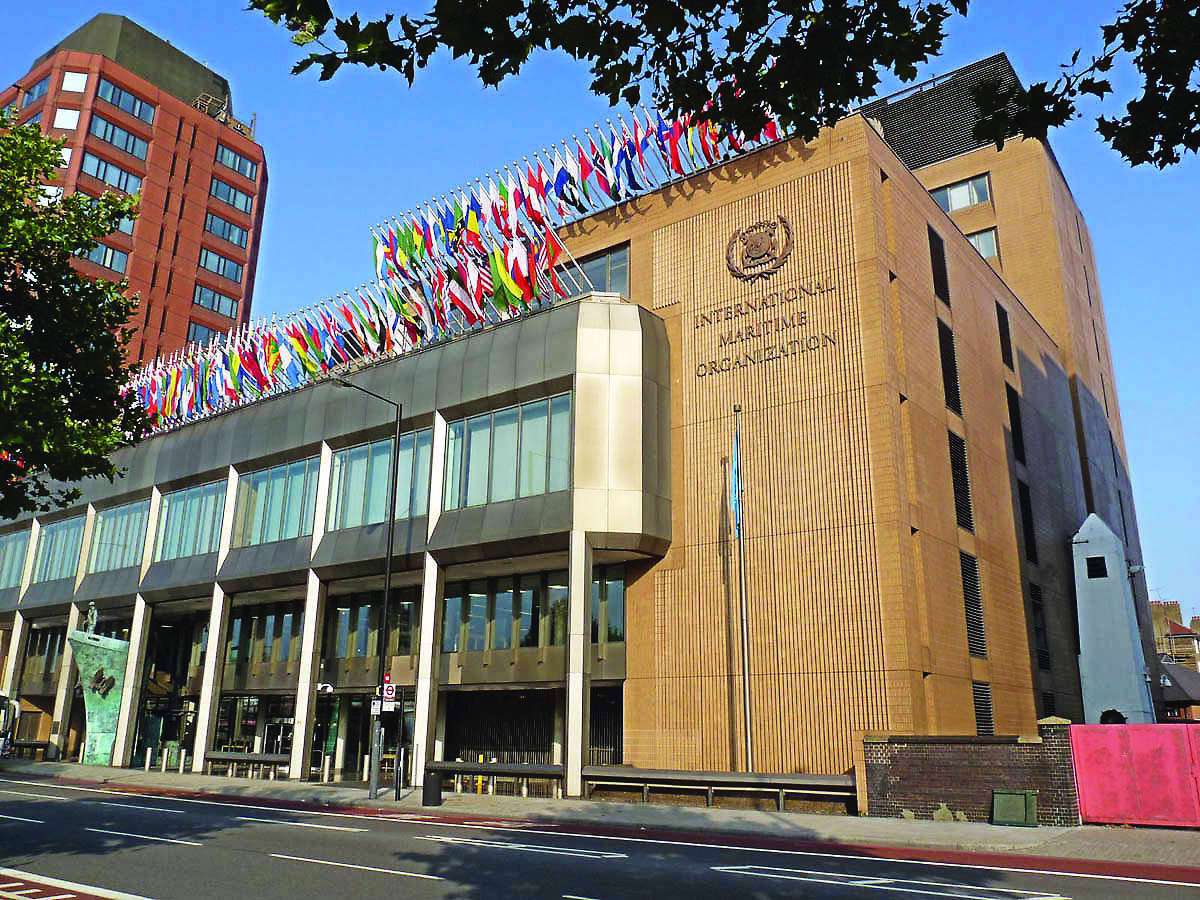Say No to LNG urges IMO to include reduction targets for methane emissions in revised strategy
The International Maritime Organisation (IMO) must ensure that methane emissions are included through carbon dioxide equivalent (CO2e) calculations in its revised greenhouse gas (GHG) strategy, says anti-LNG campaigner Say No to LNG.
 PHOTO: Street view of International Maritime Organisation building in Lambeth, London, England. Twitter of @IMOHQ
PHOTO: Street view of International Maritime Organisation building in Lambeth, London, England. Twitter of @IMOHQ
Fossil LNG and other variations of LNG should not be promoted as alternative fuels for vessels at sea, including in green shipping corridors, Say No to LNG tells ENGINE.
Contrary to claims made, LNG variations do not address methane emission issues such as emitting uncombusted methane, also known as 'methane slip'. Say No to LNG further argues that standardised methods need to be developed to assess the real-world methane slips from LNG-fuelled ship engines with high, medium and low methane slips.
"There are too many LNG ships using low-pressure high methane slip engines, and regulating methane emissions from them is crucial,” it adds, citing the IMO's Fourth GHG Study. The study found that 20% of LNG consumed onboard ships in 2012 was used to fuel engines with high methane slips. Five years later that figure had doubled to 40% of the LNG consumed.
Say No to LNG says it supports market-based measures (MBMs) for shipping decarbonisation. MBMs can set prices on GHG emissions, providing economic incentives for the maritime industry to invest in fuel efficiency technologies to reduce fuel consumption.
MBMs can also generate funds to support small island developing states (SIDS), least developed countries (LDCs) and indigenous peoples to adapt to climate change and invest in zero-emissions technologies. Say No to LNG has come out in strong support of the Marshall Islands and Solomon Islands' proposal to the IMO, which calls for an equitable energy transition for shipping that leaves no member states behind.
"To avoid cementing the shipping sector in obsolete, musty fuels such as LNG, the IMO must regulate methane emissions through tools like MBMs and using a life-cycle approach,” Say No to LNG’s global campaign director Elissama Menezes said.
By Nithin Chandran
Please get in touch with comments or additional info to news@engine.online





